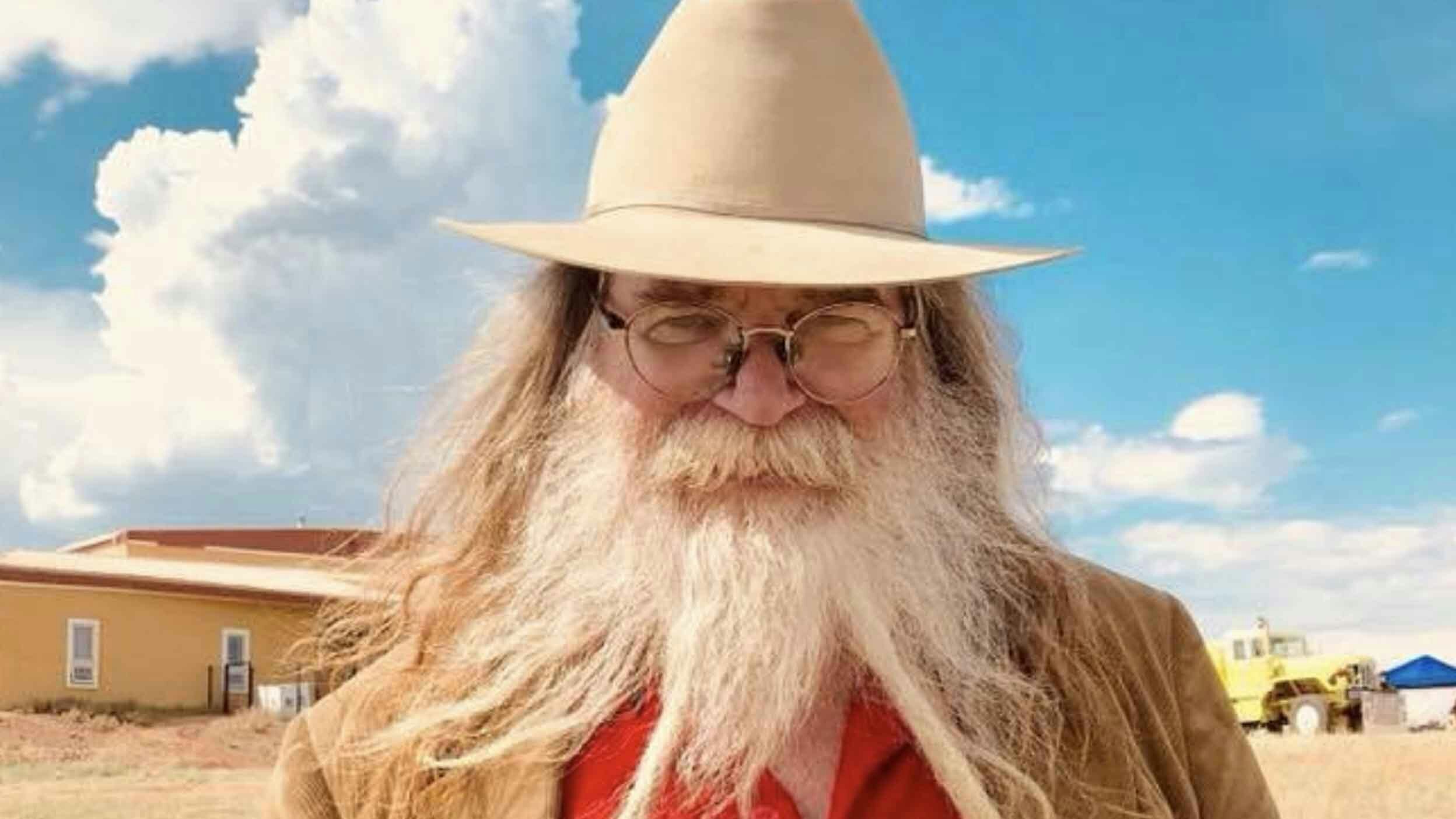Besides voting and running for office, serving on a jury is one of the best ways to participate in our democracy. For my money, every citizen should do all three.
Having done the trifecta myself, I’m here to testify that I learned more about our system by sitting on a jury than I did by voting or running for Congress. If you ever get the chance, don’t pass it up.
I’ll also raise my hand and swear that sitting on a jury is waaaay different than watching Nancy Grace or Judge Judy.
What brought all this to mind is the hectic pearl clutching and rabid second guessing that resulted from verdicts in two recent high profile trials. It seems like any attention-getting, national trial will bring armchair lawyers and judges out of the woodwork to contribute their two cents.
Its almost like we Americans think that our judicial system is a football game where fan noise and bleacher boosterism make a difference on the field.
That’s why I encourage everyone to sit on a jury at least once in their lives and learn why a trial is different than a football game, and a jury of our peers is different than a gaggle of fans fired up by the media.
Many years ago, I was selected to sit on a jury in a major product liability case, Donahue v. Caterpillar. A construction worker was killed in a heavy equipment accident, and his survivors sued the equipment manufacturer for wrongful death.
I thought I had better things to do at the time, but the court disagreed and I was sworn in. I knew most of my fellow jurors – some of them quite well – and we were all in the same boat. We grumbled about the interference in our lives, but we answered the call to serve albeit reluctantly.
I have a couple of vivid memories of that experience. The first being that the trial as seen from the jury box was very different than what was reported in the media.
There was, and is, simply no way for a news outlet to report on what is going on in the minds of a jury charged with deciding a case. The awesome responsibility given to a jury of peers doesn’t lend itself to clever reportage and catchy headlines. Its very internal, and very intense.
Reporters write for outside observers who have a clear disconnect with what is happening in a courtroom. The audience craves loud sensationalism, not the subtle nuance of a trial.
The second thing I learned was that, once we were given the case and retired to the jury room to deliberate, we were on our own. Any biases or political agenda that any of us might have had evaporated in the face of our responsibility.
That’s the difficult part to explain. Something more powerful than politics or personal prejudice was at work in that quiet room.
We were in the hushed presence of the rule of law. It was upon us to determine the veracity of the testimony and evidence and nobody on that jury tried to replace that with their own feelings or opinions.
It was a very sobering and humbling experience, and every citizen should feel that once in their life.
We delivered our verdict in favor of the plaintiff, and Caterpillar had to pay a hefty settlement to the Donahue family. We must have done it right, because our verdict was appealed but upheld by the Wyoming Supreme Court.
A trial has absolutely nothing to do with public opinion. Nor should it. Public opinion operates in political campaigns and elections, not in the courtroom.
The campaign trail should be noisy and sensational. The jury room should stay a calm place where truth can be heard. And the two should never mix.
After all, if you yourself are ever confronted with having your fate decided by a jury, ask yourself whom would you prefer in the jury box – chest-pounding political zealots with axes to grind, or fellow citizens able to set aside their own predispositions and dispassionately exercise their responsibilities as citizens.





